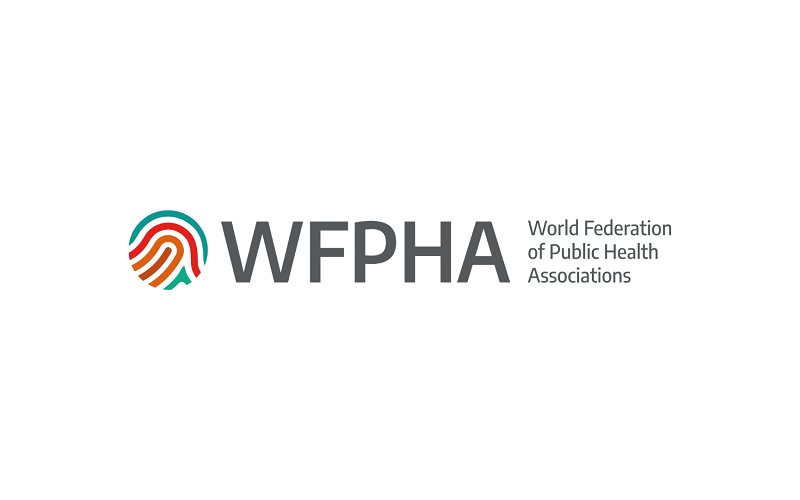On May 26, 2024, during the General Assembly of the World Federation of Public Health Associations, member organizations elected the following distinguished individuals to join our Governing Council (GC).
Prof. Julienne Louise Ngo Likeng (PhD) – African Region
Prof. Ngo Likeng is a medical anthropologist and an esteemed lecturer. She coordinates the Masters and PhD programs in Public Health at the School of Health Sciences, Catholic University of Central Africa. Additionally, she serves as the Executive Director of the Cameroon Public Health Association and is a member of the scientific committee at her university.
Lucy Anne Parker – European Region
Lucy Anne Parker is an Associate Professor of Preventative Medicine and Public Health at the University Miguel Hernández of Elche, Spain. She actively contributes to the Global Health research group and coordinates the Masters program in Development Cooperation in Health. A committed member of the Spanish Society for Public Health and Health Administration (SESPAS), she also played a significant role as one of the main editors of the WFPHA Casebook on Advocacy for Public Health.
Dragoslav Popovic – European Region
With three decades of experience in International Public Health, Dragoslav Popovic specializes in Health Systems and Vaccines and Immunization. His recent projects include serving as Faculty at the World Bank Flagship Course on Universal Health Coverage (2019), evaluating Targeted Country Assistance for the GAVI Alliance (2018), moderating the Global Vaccine Procurement Practitioners Forum in Copenhagen (2018), and introducing ARV in Southeastern Europe (2021).
Alounoud Al Marzouzi – Eastern Mediterranean Region
Alounoud Al Marzouzi is an Assistant Professor at the College of Health Sciences, University of Sharjah. She has extensive experience with the Dubai Health Authority and the Ministry of Health & Prevention, having worked at Al Amal Psychiatric Hospital, Khorfakkan Hospital, and Al Kuwait Hospital in Dubai.
Dr. Lwando Maki – Young Professionals
Dr. Lwando Maki specializes in Global Health, Climate Change, and Noncommunicable Diseases, with a focus on Cardiovascular Disease. He brings fourteen years of leadership and advocacy experience, holding various significant positions such as Editorial Board Member of Elsevier Climate and Health Journal, co-Chair of the Climate Health Working Group of the World Federation of Public Health Associations, and Climate Lead of the African Coalition of Medical Associations. Currently, he serves as the President of the Public Health Association of South Africa.










Recent Comments